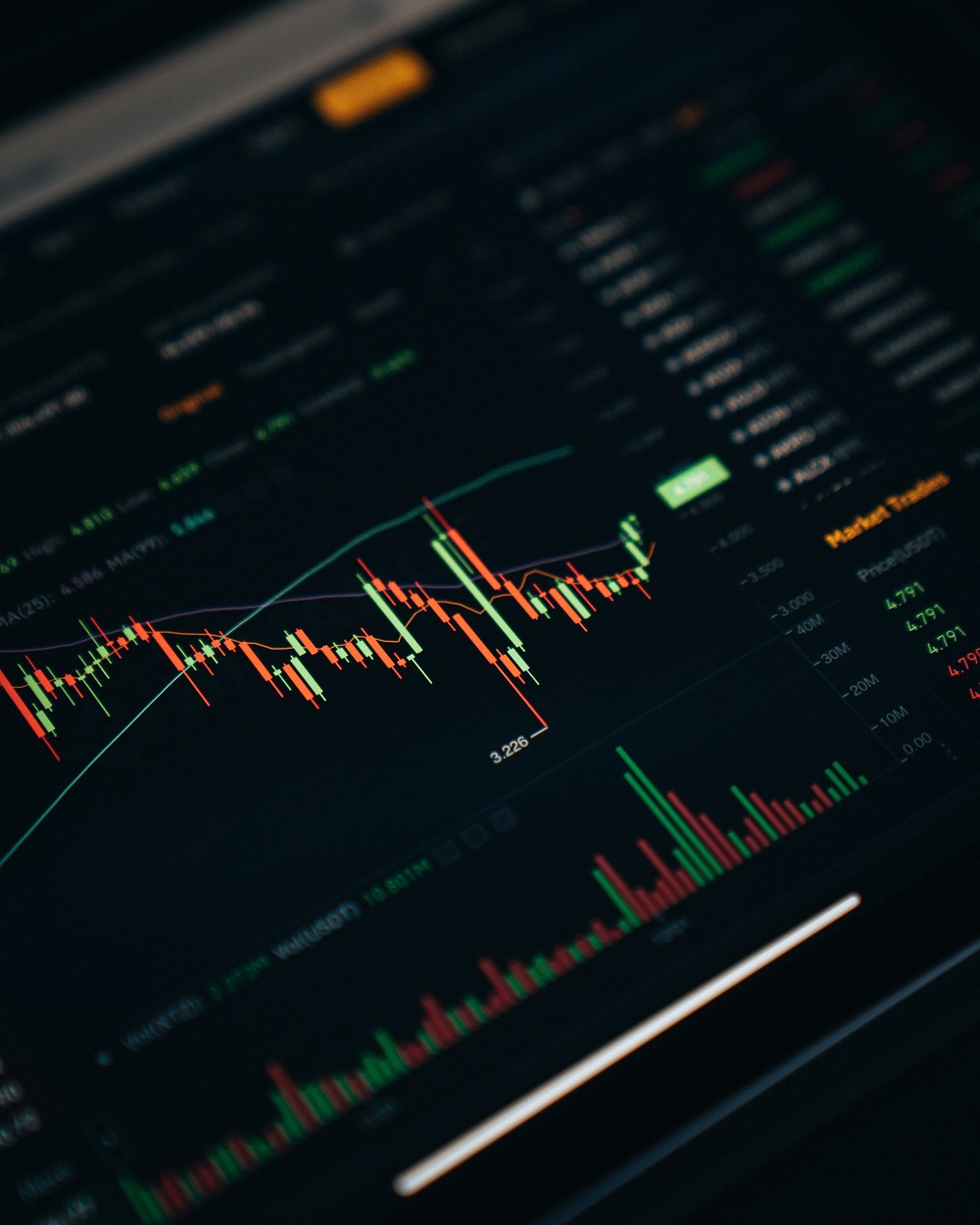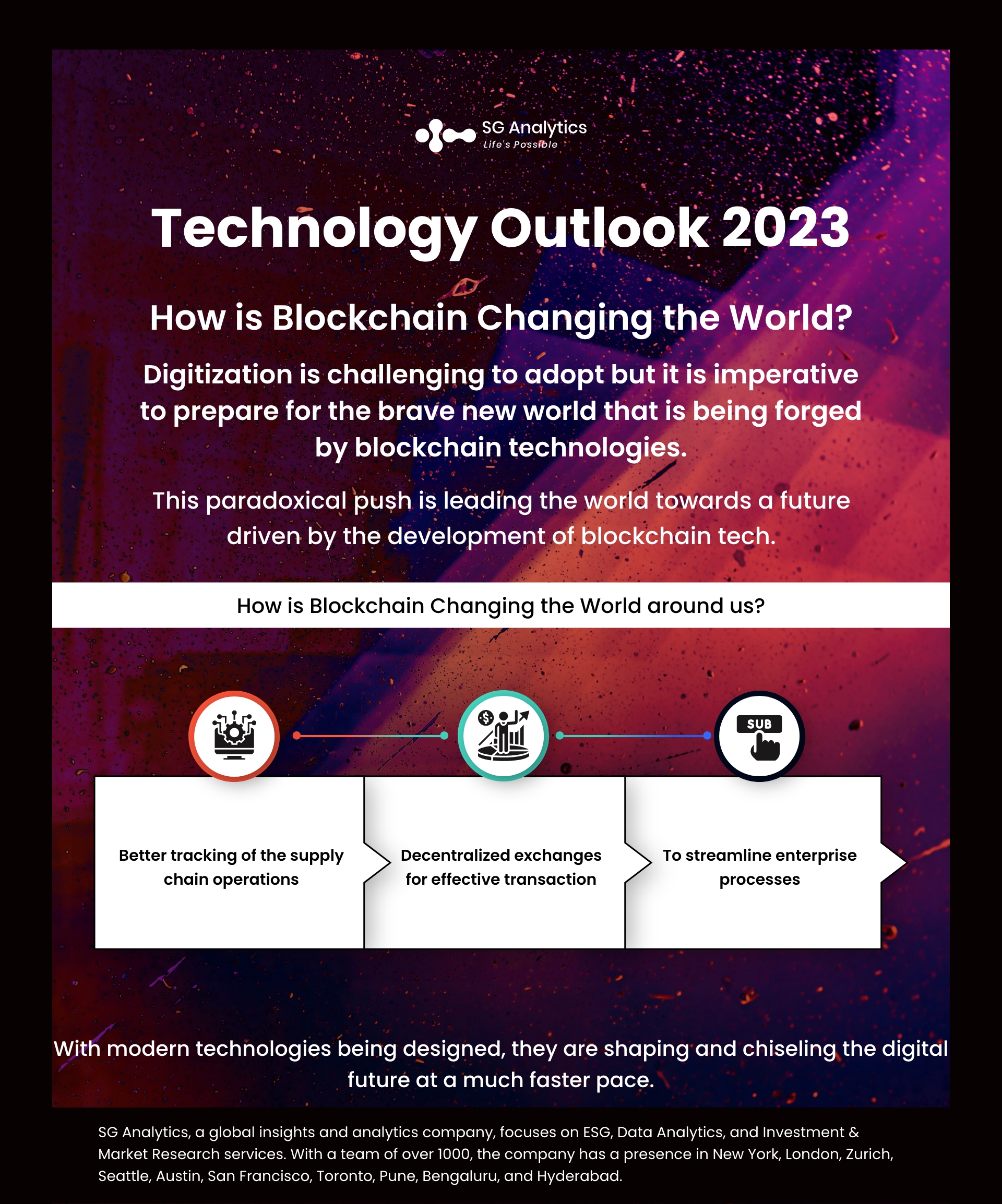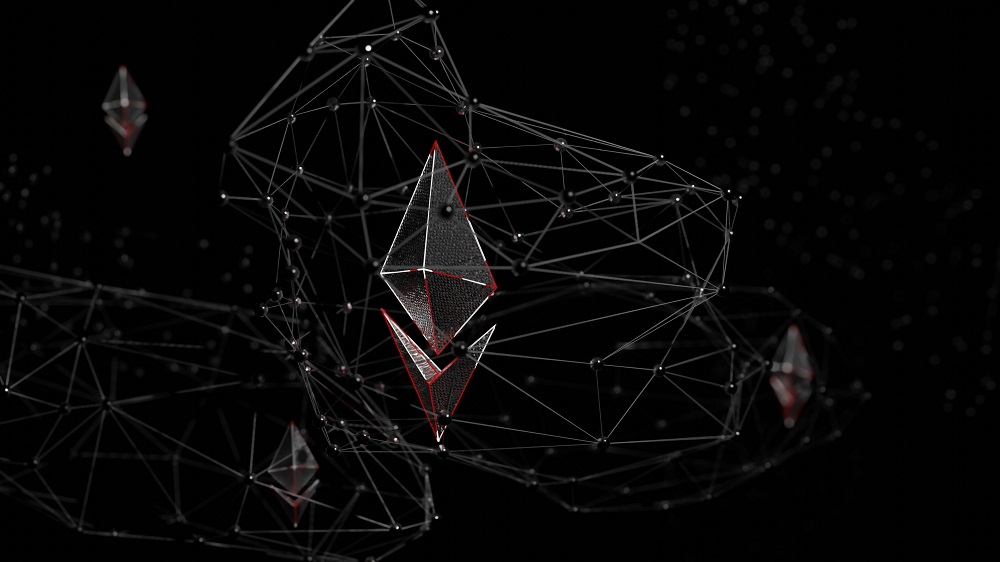Digitalization is rapidly advancing, and the digital world is expanding exponentially. Most of the population is becoming more comfortable with technology and is completely changing the way they operate and work. With their advancement, there can also be seen a shift in many industries, as they are rapidly digitizing their operational framework.
The financial sector was one of the first industries to be affected by digitalization. Banks, credit card companies, and payment processors started adopting new blockchain technologies to offer better services and a more user-friendly experience to their users. The fields of law, healthcare, and education further followed and have been rapidly changing to keep up with digitalization.
While these advances can be challenging to adopt and understand, it is imperative to adapt and prepare for the brave new world that is being forged by blockchain technologies. This paradoxical push is leading the world towards a future driven by the development of blockchain tech.

What is Blockchain?
Blockchain, as many are aware, is how digital and real assets can be transacted and moved from one person or place to the next without the mediation of a costly third party. The distributed ledger technologies that make blockchain work was first applied for the movement of money, thus giving rise to cryptocurrency. Blockchain can be used as an asset for creating a replica of a real object in virtual space and performing the necessary action in real-time.
Blockchain: The Key Ingredient to Financial Inclusion
Economic globalization is enabling companies to source talent in all parts of the world, offering billions the opportunity to participate in a connected economy. And the rise of blockchain technology has facilitated a global network for the cheap and fast transfer of digital assets. Blockchain technology is creating new ways to earn money, thereby enabling people to be part of a global financial system.
Today, new markets are emerging in the crypto ecosystem, offering people the opportunity to make a living in multiple ways. And with the rise of NFT-based games, there has been an upward trend with more people transitioning to gaming and millions of players worldwide joining the race. The NFT-based games consist of in-game currency and virtual items that are sold to the players, who are willing to offer a higher price to further advance in the virtual world.
While many headlines are portraying cryptocurrency and cryptocurrency trading in a negative light, there has been a tremendous boost in the bitcoin and cryptocurrency markets. A few are voicing their skepticism. However, it is vital to understand that cryptocurrency represents just a small fraction of distributed ledger technology (DLT).
Read more: The Emerging Blockchain-Based Tokenization: What Investors Need to Know About it?

How is Blockchain Technology Changing the World Around us?
The world is already benefiting from the power of blockchain, and it is changing how we operate on a global scale.
At the height of the pandemic, when millions were in desperate need of effective Covid-19 vaccines, organizations were working on developing intelligent vaccine tracking systems using blockchain to provide frictionless distribution of life-saving immunizations. Blockchain helped to ensure that vaccines get delivered to people in need around the world in record time as well as reducing the costs that governments had to pay pharmaceutical companies to purchase. With a blockchain tracking system, organizations were able to limit the number of spoiled vaccines that were exposed to too much heat or cold.
Blockchain technology today holds the potential to change the way we transact and pay for goods and services. It is also changing the way we save money and do business. Let's explore how blockchain is changing the world around us.
Better Tracking of the Supply Chain Operations
Blockchain enables businesses to resolve issues with real-time data insights, partners' privacy, and traceability. It equips them to better track the status of their supply chain while also helping to increase the security and visibility of their operations. Blockchain also allows businesses and consumers to view their products' performance from a quality-control viewpoint. Many manufacturers and supply chain brands globally, including Walmart, employ blockchain to set up food traceability systems. This technology is enabling businesses to create an automated framework to manage their everyday operations payments.

Decentralized Exchanges for Effective Transaction
A decentralized exchange is a platform that facilitates trading between different cryptocurrencies without using a centralized third-party broker. Decentralized exchanges are emerging as the new trend as they are issued and run on blockchain technology. While there are several types of decentralized exchanges available, the most common type is a peer-to-peer (p2p) exchange. It directly connects the buyers and sellers. This type of decentralized exchange is considered best for trade between digital assets.
Blockchain to Streamline Enterprise Processes
Consumers are equally benefited from enterprise blockchain as it is helping businesses to streamline their processes and operations, thus facilitating efficiencies for the consumers. One of the challenges arising out of the pandemic was supply chain disruptions that led to shortages and rising costs for essential products. With DLT technologies, organizations were able to protect their consumers' health by tracking where produce and other food come from. Blockchain is also being employed to enhance the travel industry. It assists them in avoiding inaccurate or missed hotel bookings, thereby facilitating more transparency for customers and greater accountability.
Read more: FTX Fallout Calls for ‘Reset’ of Crypto Industry

Blockchain in Action Across Industries
Blockchain in Finance
Some of the significant major changes Blockchain promises to bring to the finance industry are as follows:
- Facilitation of global payments to enhance and support real-time gross settlement between commercial banks and independent banks
- Digitization of assets to minimize the operational risks of fraud or any human error
- Digitization of the portfolio to strengthen governance and transparency for investors
- Automating documentation process and credit prediction to reduce operational risks
- Tokenized reinsurance market will assist in providing policy reinsurance in open marketplaces.
Blockchain in Supply Chain Management
The major changes that blockchain promises in supply chain management are –
- Replacement of manual processes that involve large and complex datasets
- Strengthening the traceability of products to avert the excessive cost of quality problems like reputational damage or the loss of revenue
- Reduction of IT costs by enhancing the process of transactions.

Blockchain in Marketing
Blockchain promises to offer great assistance in Sales and Marketing by –
- Allowing disintermediation to substitute conventional trading mechanisms and presenting new intermediaries due to the internet. It also aims to limit or remove costs and eliminate non-value-adding activities.
- Changing the online presence of consumers into a collaborative environment helps in averting various risks like click frauds, that often jeopardize the effectiveness of online advertising.
- Trust lies at the heart of the blockchain, and it is now aiming to help brands create a marketing infrastructure to reinforce the eroding trust and transparency, thereby increasing the vitally important consumer confidence.
Read more: How is Metaverse Transforming Software Development?
Blockchain: Transforming the Digital World
With the digital world evolving constantly, advancements, as well as the integration of blockchain technology, are rapidly changing the world of digital assets and finance. Digitalization is affecting industries, businesses, and society at an exponential rate. And while there are expected to be more changes, it is better to be prepared for them now than ever before.

Summary - Blockchain Technology
New forms of records or blockchain transactions, along with electronic signatures and digital identity, are being integrated into everyday operations to operate in the digital age. And with organizations introducing new changes with digitalization, this ever-expanding digital world is influencing our everyday lives and will do so soon.
Modern technologies are being designed that are shaping and chiseling the future at a much faster pace. It is, therefore, safe to predict that the future of the world is digital, which will be exponentially driven by blockchain technologies.
With a presence in New York, San Francisco, Austin, Seattle, Toronto, London, Zurich, Pune, Bengaluru, and Hyderabad, SG Analytics, a pioneer in Research and Analytics, offers tailor-made services to enterprises worldwide.
A leader in the Technology domain, SG Analytics partners with global technology enterprises across market research and scalable analytics. Contact us today if you are in search of combining market research, analytics, and technology capabilities to design compelling business outcomes driven by technology.









